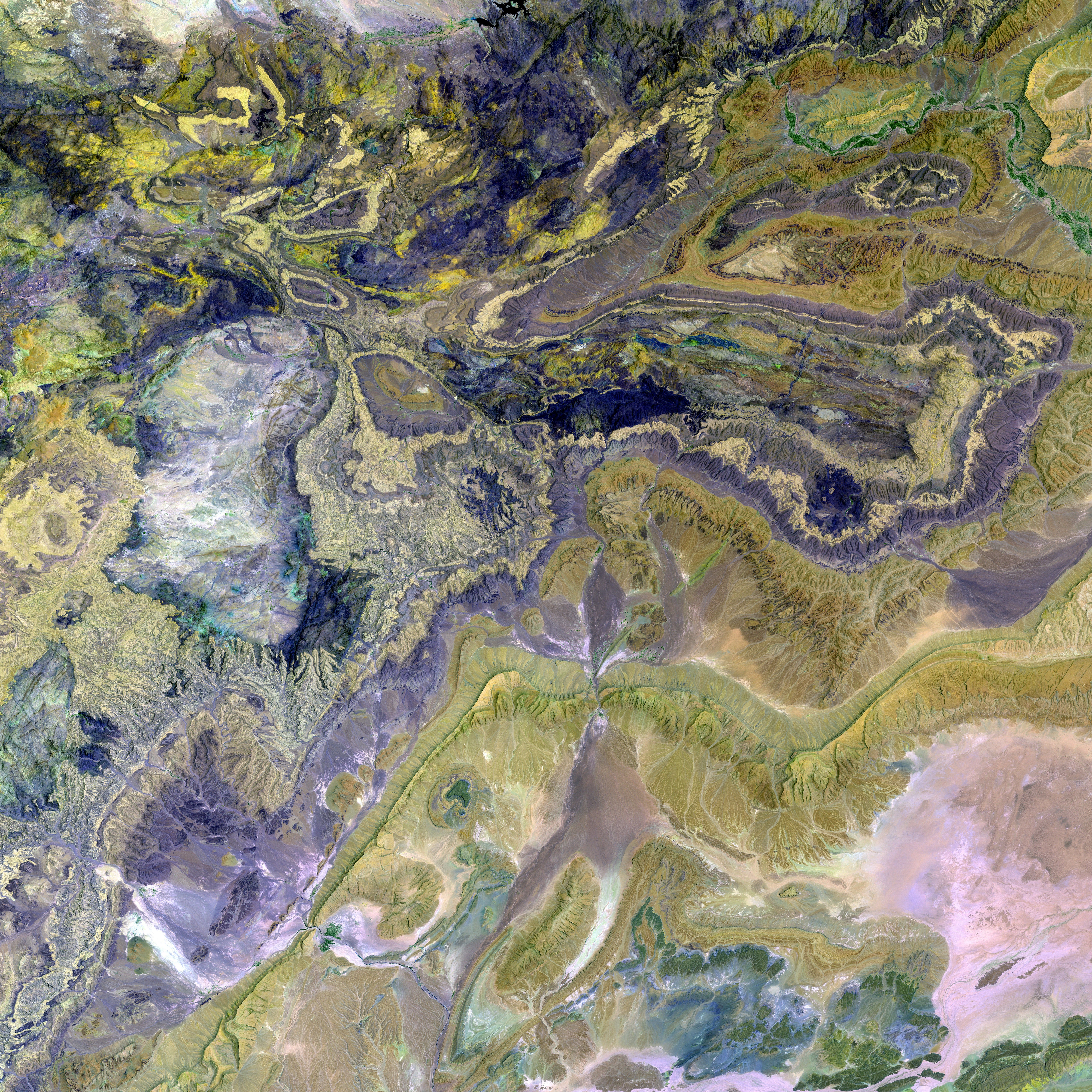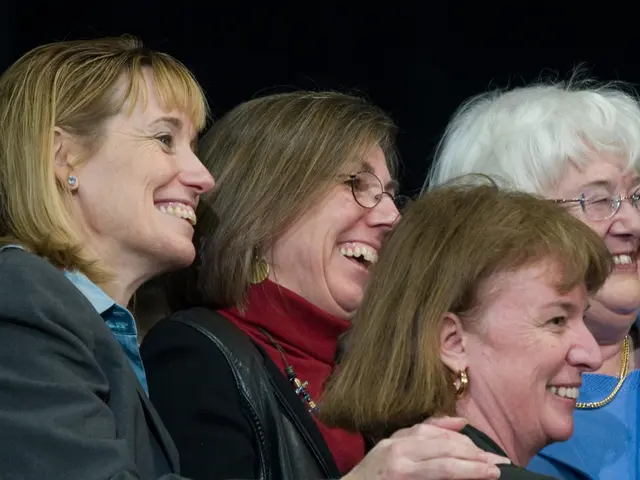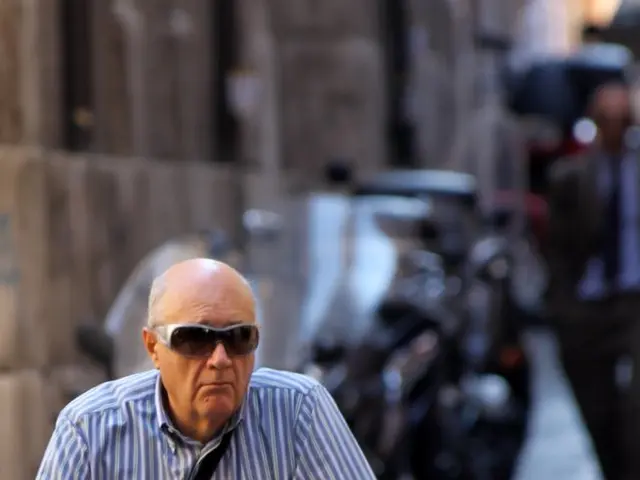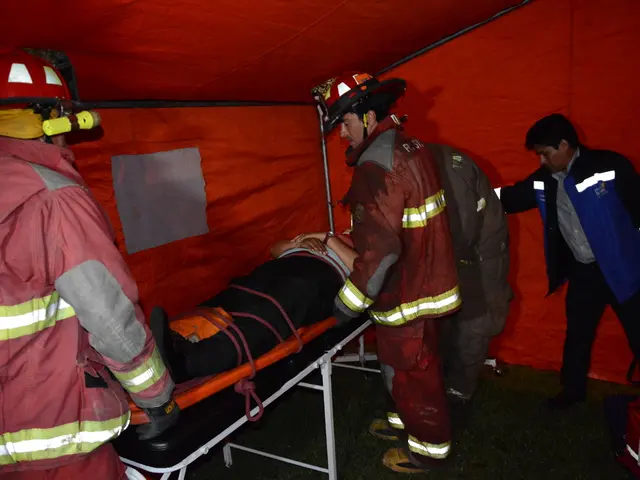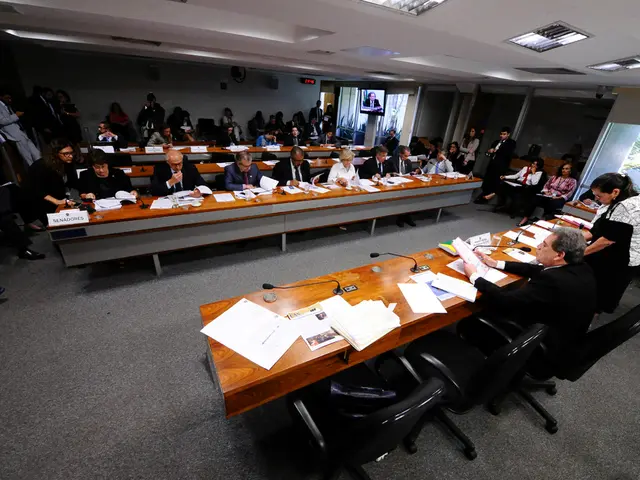Priests Being Appointed at a Later Age Compared to the General Population
Pope Longevity: Insights from the Vatican
Popes have a remarkably longer lifespan compared to the average Italian male. The last five popes have passed away at the ages of 80, 84, 95, and 88, with Pope John Paul I being the exception, who died at 65 due to a heart attack just 33 days after his election in 1978. Despite this shortened life span, the average age of the Holy Fathers is 82.4, six years higher than the average life expectancy of Italian males.
The care and attention to the Pope's physical health are exceptional. Rome's Gemelli Clinic, one of Europe's leading institutions, looks after the Pope's health, with an entire wing on the tenth floor dedicated to his care. Preventive healthcare is crucial for extending one's life, according to Dr. Gerd Wirtz, medical journalist and co-author of the bestseller "The Longevity Compass."
The mental health of the Pope is vital, too. Daily routines, meditation, and prayer, which can be considered a form of mindfulness exercise, play a crucial role in the Pope's wellbeing. A 2017 Australian meta-study found that daily meditation can effectively reduce physical stress. However, it's not only prayer that contributes to the Pope's longevity. The Catholic Church's emphasis on "Ora et labora," or pray and work, fosters a sense of purpose, a crucial factor in longevity research.
The office of the Pope also provides other health benefits. The public adoration and recognition bestowed upon him trigger the release of dopamine and endorphins, contributing to overall satisfaction and, in turn, longevity. Moreover, the Pope is surrounded by a trusted circle of individuals, promoting social health, a critical factor for health and longevity.
The diet of a Pope is likely nutritious, with light, simple meals known to aid health and longevity. Popes might also engage in regular physical activity, taking extended walks, but could benefit from a more balanced exercise regimen emphasizing flexibility, endurance, and muscle strength.
In summary, popes' longevity can be attributed to factors such as access to advanced healthcare, a balanced diet, regular exercise, social support, and a sense of purpose. These factors align well with the principles of longevity research.
The European Union, with its focus on scientific advancement, could contribute to the fight against aging by providing resources for research on longevity, extending this insight to the health and wellness of popes. Additionally, mental health is a crucial aspect of the Pope's overall wellbeing, and the use of mindfulness exercises, such as meditation and prayer, could be expanded and researched further in conjunction with science, specifically in the field of mental health.
